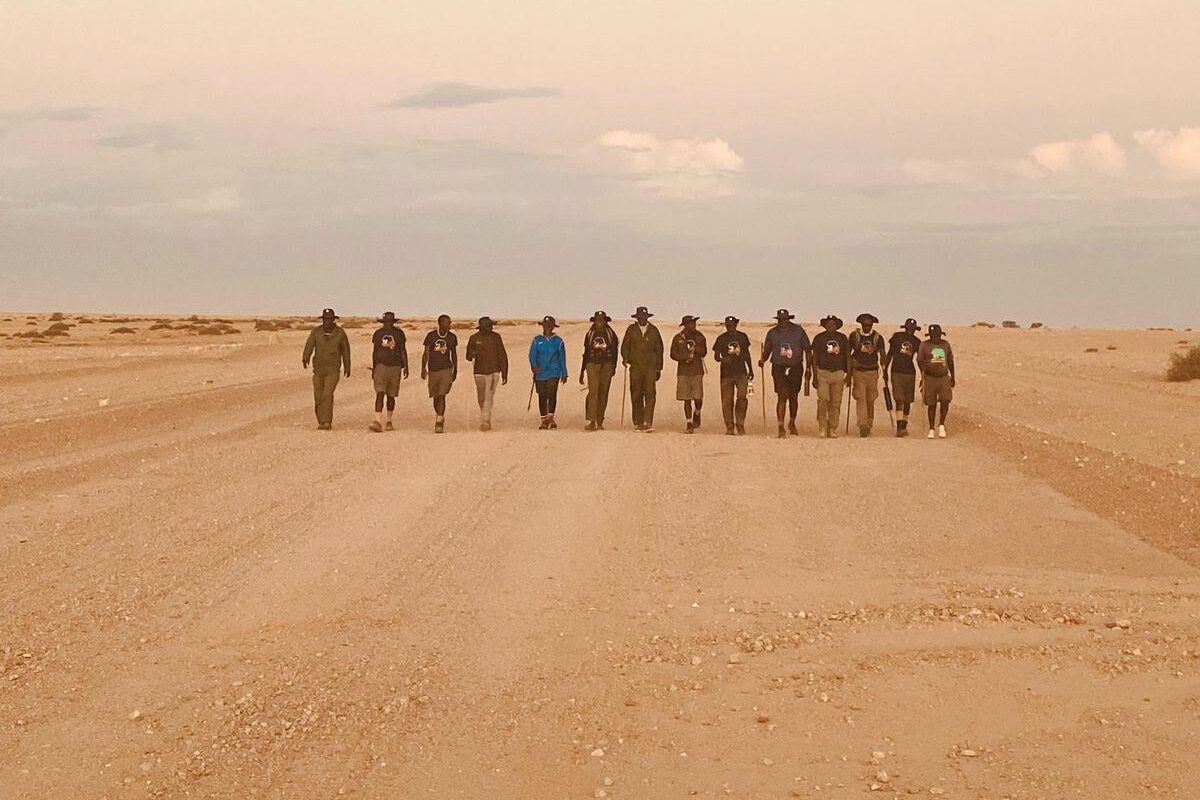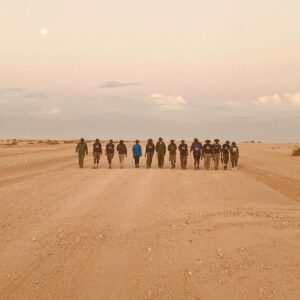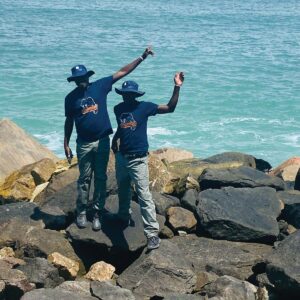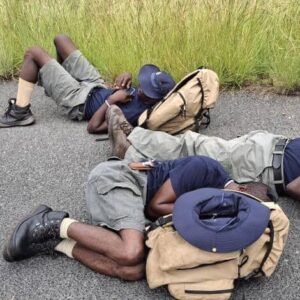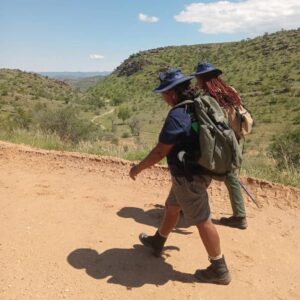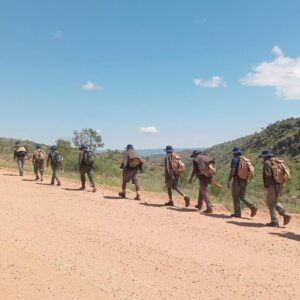Namibia’s Kunene Region, known for its stunning landscapes and rich biodiversity, faces an increasing challenge in human-elephant conflict. As elephant populations grow, their expanding presence near rural villages and farmland has led to tensions, particularly for farmers striving to diversify their livelihoods through crop production.
John Kasaona, CEO of Integrated Rural Development and Nature Conservation (IRDNC), explains, “Elephants roam freely in Kunene, often venturing into villages in search of water or food. This has created significant challenges for farmers, who are working hard to protect their crops.” Farmers, while keen to maintain their land, constantly face threats from these majestic yet destructive creatures.
Since Namibia’s independence, IRDNC has worked tirelessly to empower communities, enabling them to reclaim ownership of their natural resources. Their focus has been on fostering a harmonious coexistence between humans and wildlife, making Namibia a model for community-based conservation. However, the delicate balance between people and elephants has become increasingly fragile in recent years.
In 2020, Kasaona and his team launched the Kunene Elephant Rangers programme, training community game guards from 15 conservancies to monitor elephant behaviour and protect farmland. These rangers use a variety of strategies, including early warning systems, water point management, and safe methods of guiding elephants away from human settlements. Despite the programme’s success, the rangers face limitations, particularly a lack of vehicles to cover the vast distances they need to patrol.
In a remarkable demonstration of commitment to both conservation and community, the rangers from the Kunene Elephant Rangers programme completed a gruelling 362-kilometre walk from Windhoek to Swakopmund in just five and a half days. Their mission: to raise awareness for their work in helping humans and elephants coexist peacefully in Namibia’s Kunene Region.
The walk, which took place from 9 to 14 March, was not only a physical challenge but also a powerful statement of dedication to the cause. The rangers, supported by the Integrated Rural Development and Nature Conservation (IRDNC) team, undertook this journey to show their commitment to mitigating the growing human-elephant conflict, which has become a daily struggle for rural communities. Their aim was to demonstrate to sponsors, the public, and the world that coexistence between people and elephants is possible with the right resources and dedication.
Kasaona explains: “This trip was undertaken to really show the world that we have dedicated individuals who are capable of keeping elephants away from problems, while ensuring that both humans and elephants are protected. These rangers are hard-working and incredibly dedicated.”
Throughout the walk, the rangers have highlighted the importance of education and community involvement in conservation efforts. Kasaona is adamant that the local communities, who share their land with elephants, have done their part. “The communities have allowed elephants to roam near their homes without complaint,” he says. “Now it is our turn to support them and protect their crops and livelihoods.”
The Kunene Elephant Walk has brought global attention to the important work being done in the region and to the challenges faced by rural communities. By raising funds through sponsorships and donations, the programme hopes to purchase a vehicle needed to enhance its efforts and extend its reach. As the rangers arrived at Swakopmund on the Friday, their message was clear: “We have a solution. We will come to your rescue and find a way to protect both people and elephants.”
To support the Kunene Elephant Rangers and their ongoing conservation work, individuals and organisations can sponsor the programme, donate funds, or help spread the word. Through these collective efforts, Namibia’s conservation success story can continue, ensuring that both people and elephants can thrive together.
Elzanne McCulloch


